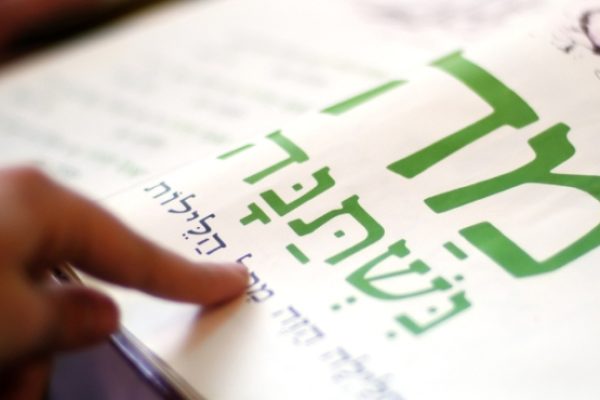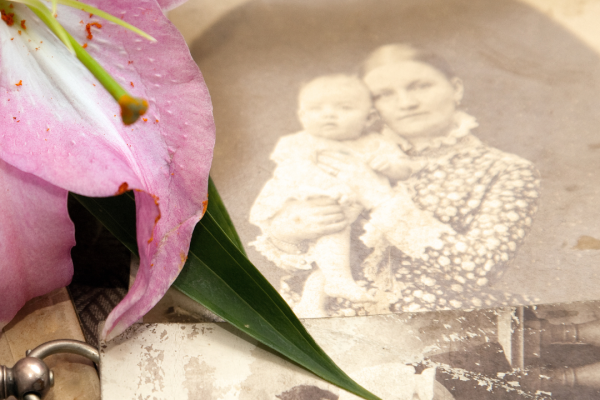[To be recited aloud.]
Over the course of our Yom KippurThe holiest day of the Jewish year and the culmination of a season of self-reflection. Jews fast, abstain from other worldly pleasures, and gather in prayers that last throughout the day. Following Ne'ilah, the final prayers, during which Jews envision the Gates of Repentance closing, the shofar is sounded in one long blast to conclude the holy day. It is customary to begin building one's sukkah as soon as the day ends. prayers, we recite the Al Het'For the sin ...'' – the litany of sins for which Jews ask forgiveness during Yom Kippur services. over and over again.
V’al kulam, Elo’ah s’lichot, s’lach lanu, m’chal lanu, kaper-lanu.
“For the ways in which we have fallen short, oh God, forgive us, pardon us, grant us atonement,” we say.
We take collective responsibility for our communal shortcomings, even for the ways in which we may not have failed individually. We acknowledge both our conscious and unconscious failings.
Al het shekhatanu lifanekha b’imutz ha’lev v’al het shekhatanu l’fanekha bi’v’li da’at.
“For the sin of commission and for the sin of omission,” we say.
But it is not just in our relationship with God that we have missed the mark. We have also wronged our fellow human beings, those who sit next to us and those we have never met but whose cries for help we failed to answer.
At this time, we take a moment to reflect on how we fell short in our struggle to confront and stem the tide of the worst refugee crisis in history. We acknowledge both the actions we could have taken but did not and those we never knew to take in the first place.
Al het shekhatanu lifanekha – for the sin we commit when we fail to recognize the enormity and pervasiveness of the global refugee crisis.
Al het shekhatanu lifanekha when we close our eyes to the horrifying images of children clinging to the sides of boats unfit for sea travel, images of terrified parents passing their babies through barbed wire fences.
Al het shekhatanu lifanekha when we are unwilling to give tzedakahCharity. In Hebrew, the word tzedakah derives from the word for justice. Tzedakah is not seen as emanating from the kindness of one’s heart but, rather, as a communal obligation. to our full capacity to ensure that refugees have safe housing, medical care, and food to eat.
Al het shekhatanu lifanekha when we remain silent with our voices and our votes instead of calling on the United States to be a world leader in responding to this crisis.
Al het shekhatanu lifanekha when we allow fear to give way to xenophobia.
Al het shekhatanu lifanekha when we assume that someone else will help.
Al het shekhatanu lifanekha when we absolve ourselves of the burden of tempering the decree faced by the 65 million refugees and displaced people around the world.
May our teshuvah, our tzedakah, and our tefillahLit. Prayer enable us to do more in the year to come for those so desperately in need of our protection.
[You may want to sing:]
V’al kulam, Elo’ah s’likhot, s’lakh lanu, m’khal lanu, kaper-lanu.
For all these failings and more, forgive us, pardon us, grant us atonement.
Created by HIAS, the global Jewish nonprofit that protects refugees. See all high holiday resources from HIAS here: www.hias.org/highholidays2016.












